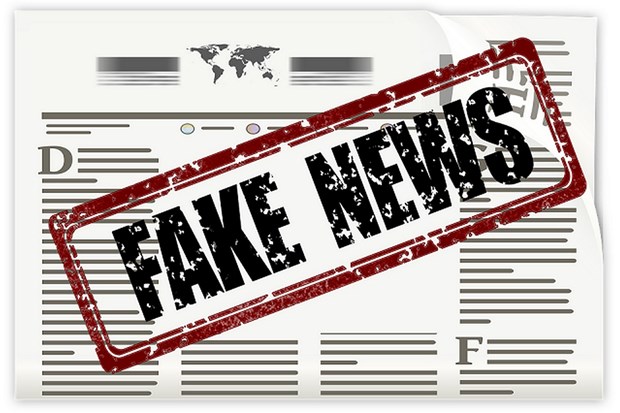Fight against fake news and social responsibility of journalism
The spread of fake news globally shows that the press needs to connect with readers and audiences more effectively, Deputy Director General of the Vietnam News Agency Le Quoc Minh has said when discussing the role of the press in the battle against fake news.
 (Photo: Theos Think Tank)
(Photo: Theos Think Tank)Hanoi (VNA) – The spread of fake news globally shows that the press needs to connect with readers and audiences more effectively, Deputy Director General of the Vietnam News Agency Le Quoc Minh has said when discussing the role of the press in the battle against fake news.
VietnamPlus e-newspaper would like to briefly introduce the Vietnam News Agency's article titled “The fight against Fake News and the social responsibility of the press”.
In 2016 and earlier years, not many people in the media sector and Internet users in Vietnam were interested in the so-called fake news. However, in fact, we are living in a world where fabricated news can lead to catastrophes and spread quickly through chat software and social networks.
We are living in a world where a man from the US’s North Carolina state drove to a pizzeria in Washington D.C. with a rifle to investigate by himself a case that he believed involving a child trafficking ring related to Hillary Clinton after listening to a groundless story. Fake news almost caused a diplomatic crisis between Russia and Germany, and because reading fake news, a Pakistani minister threatened to use nuclear weapons against Israel.
Fake news has even attracted more attention than official news. A survey by BuzzFeed showed that fake news attracted 8.7 million interactions in the last three months of the US Presidential election campaign, while news from famous sources such as New York Times, Washington Post and CNN had only 7.3 million shares and comments.
 A man from North Carolina surrendered to police after bringing a rifle to a pizzeria in Washington D.C. to conduct a self-investigation into a case that he believes involving a child trafficking ring related to Hillary Clinton (Photo: AP).
A man from North Carolina surrendered to police after bringing a rifle to a pizzeria in Washington D.C. to conduct a self-investigation into a case that he believes involving a child trafficking ring related to Hillary Clinton (Photo: AP).From the US to Europe, from Asia to Caribe or Africa, fake news is a terrible disease that is spreading to each corner of the society. Fake news has existed for a long time in daily life, but social networks have turned it into a boom as present. The outstanding characteristic of social networks is that users don’t have to seek information, but information itself comes to users. Therefore, fake news actively approaches users.
Fake news not only distorts information innocuously, but also increases individual humiliation and makes businesses and organizations miserable. Fake news is even used in political conspiracies and social disturbances.
While fake news is likely to overwhelm mainstream news sources around the world, media verification is becoming lax, and sadly, there are many news agencies using a dangerous method of “publish first, correct later if necessary”.
Fake news, along with the mistakes of many press agencies in a desperate race with social networks to attract readers and get revenue from advertisements, has reduced public confidence in the press to an unprecedented low level. Many studies on the future of journalism confirm that the goal of the press is not to attract public attention but to regain their trust.
It is important for the press to take action, instead of waiting for authorized offices to make laws, waiting for technology companies to change algorithms, or waiting for users to become smarter to avoid fake news.
 A fake fanpage of VietnamPlus giving offensive information
A fake fanpage of VietnamPlus giving offensive informationNever before has the need for a high quality journalism been so pressing as today. How to rebuild public trust in high-quality journalism will be a major question in the coming years for managers, news agencies and journalists themselves. It is important to not only the survival of the press but also the stability of the society.
The spread of fake news globally shows that the press needs to connect with readers and audiences more effectively. Newsrooms need to invest more in high-quality content and take actions to fight news inciting hatred and racism as well as information distorting facts that affect individuals, organisations and countries. More resources should be devoted to investigative journalism, and more ethical values should be linked to media management and administration. At the same time, it is necessary for more measures to raise public awareness of fake news.
It is also essential to establish press alliances to protect copyright, search for sustainable business models and deal with fake news. There are many efforts to build websites specializing in verifying information globally. As of mid-2017, there were 114 projects on information verification, operating in 47 countries. The Vietnam News Agency has also started a similar project.
Experts also predict that when artificial intelligence is widely applied to the production of press content, the number of fake news generated by writing machines will also increase.
Journalists, therefore, cannot stand still without taking actions, as they have a great responsibility for the society./.
[Fighting fake news: Journalists must be at frontline]













